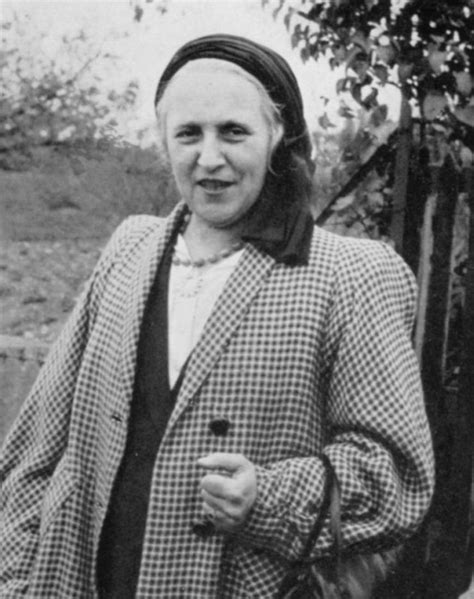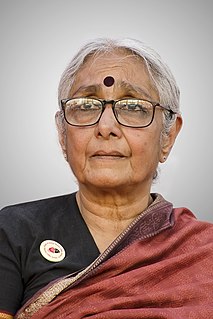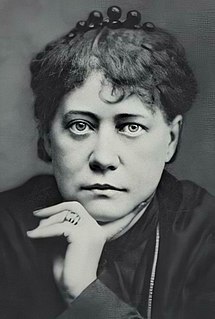A Quote by Mahatma Gandhi
I am conscious of my own limitations. That consciousness is my only strength.
Quote Topics
Related Quotes
You exist in time, but you belong to eternity- You are a penetration of eternity into the world of time-You are deathless, living in a body of death- Your consciousness knows no death, no birth- It is only your body that is born and dies-But you are not aware of your consciousness-You are not conscious of your consciousness-And that is the whole art of meditation;Becoming conscious of consciousness itself.
What is difficult to understand is that without conscious effort, nothing is possible. Conscious effort is related to higher nature. My lower nature alone cannot lead me to consciousness. It is blind. But when I wake up and I feel that I belong to a higher world, this is only part of conscious effort. I become truly conscious only when I open to all my possibilities, higher and lower. There is value only in conscious effort.
A conscious attempt to fall asleep is sure to produce insomnia, to try to be conscious of one's own digestion is a sure way to upset the stomach. Consciousness is a poison when we apply it to ourselves. Consciousness is a light directed outward. it's like the headlights on a locomotive—turn them inward and you'd have a crash.
I define a 'good person' as somebody who is fully conscious of their own limitations. They know their strengths, but they also know their 'shadow' - they know their weaknesses. In other words, they understand that there is no good without bad. Good and evil are really one, but we have broken them up in our consciousness. We polarize them.
I define a good person as somebody who is fully conscious of their own limitations. They know their strengths, but they also know their shadow - they know their weaknesses. In other words, they understand that there is no good without bad. Good and evil are really one, but we have broken them up in our consciousness. We polarize them.
There is no soul; there is only consciousness, the highest thing man ever has! Losing the conscious means to die! Death is not a door; when our conscious is gone, all is gone! Only the existence has the doors! Only the life presents you doors! You can save yourself only when you are alive, not after because there is no after! The first step for salvation is to know this simple truth!
When I find that I am more conscious, it's because I'm in tune with a higher reality. When I'm less conscious, it's because I've cut off that entunement to some extent. Maybe through drinking, through anger, through whatever. And I realized then that God has to be an infinite consciousness, and that I had to be an expression of that consciousness. And that the goal of life then must be to become more and more in tune with that consciousness. And I decided to give my life to God. And around that time, to make a long story short, I found Autobiography of a Yogi.
It is what makes conscious of the conditions and laws of observing which applied in this manner become a theme on its own. The activity of consciousness depending on the way the work itself proceeds, becomes the subject of my attention this way and it is precisely because of this voyeuristic attitude toward the own observation and experience of the subject that the conscious analytic dimension in the work shows.









































